Everyone loves a simple recipe, right? These easy salmon and veggie pots use frozen veggies, and are quick to put together, making them ideal on nights when you’re after a low maintenance, yet delicious, meal! The method below is fabulous way to cook fish, especially if you’re nervous about doing it in a pan - it steams and cooks the salmon in milk, preventing any burning. Serve hot out of the oven with steaming hot basmati or brown rice, lentils, or a slice of delicious whole grain sourdough.
This recipe is highly adaptable regarding serving size - simple adjust ingredients to the amount of people eating, or whip up a bigger batch to enjoy as leftovers the following day!
Thank you to our Tara and Jeff from the Nutrition Guru and the Chef, for kindly sharing this tasty recipe with us.
EASY SALMON AND VEGE POTS
Tailor ingredients to number of individuals eating
INGREDIENTS
1 fillet of salmon, ocean trout or your choice of fish (approximately 120 grams)
Approximately 1/2 cup frozen vegetables each
1 tbsp butter each person
Dried dill (optional)
A sprinkle of feta cheese
Your choice of milk
METHOD
Preheat oven to 180 degrees Celsius.
Place frozen vegetables into the bottom of an individual ramekin for individual serves or a large baking dish to make a large pot to share.
Cut the fish into small cubes and place on top of the vegetables. Fill the pots with fish. Place the butter on top of the fish followed by the feta crumbled on top.
Pour milk into the pot to come approximately half way up the pot. Wrap each pot tightly in foil so that the steam cannot escape.
Place the pots in the oven and bake for 25 mins until the fish has firmed up and cooked through. You may need to test a piece and cook further depending upon the size of the fish pieces.If making a large pot, cooking time will be much greater.
When cooked, remove from the oven and serve with doongara, basmati or brown rice!
NUTRITIONAL INFORMATION
Per serving (when using salmon)
Protein: 37.6g
Carbohydrates: 12.2g
Dietary fibre: 2.5g
Sugars: 7.8g
Fat: 27.2g
Salmon is one of the richest food sources of long-chain omega-3 fatty acids EPA and DHA, which are essential fatty acids, meaning our body cannot produce them itself and we must get them through our diet.
Consumption of fish oil has been shown to lower blood pressure (1), reduce inflammation (2) and decrease the risk factor for certain diseases (3).
References
Kapil, V., Khambata, R. S., Robertson, A., Caulfield, M. J., & Ahluwalia, A. (2015). Dietary Nitrate Provides Sustained Blood Pressure Lowering in Hypertensive Patients. Hypertension, 65(2), 320-327. doi:10.1161/hypertensionaha.114.04675
Robinson, L. E., & Mazurak, V. C. (2013). N-3 Polyunsaturated Fatty Acids: Relationship to Inflammation in Healthy Adults and Adults Exhibiting Features of Metabolic Syndrome. Lipids,48(4), 319-332. doi:10.1007/s11745-013-3774-6
Fabian, C. J., Kimler, B. F., & Hursting, S. D. (2015). Omega-3 fatty acids for breast cancer prevention and survivorship. Breast Cancer Research, 17(1). doi:10.1186/s13058-015-0571-6


